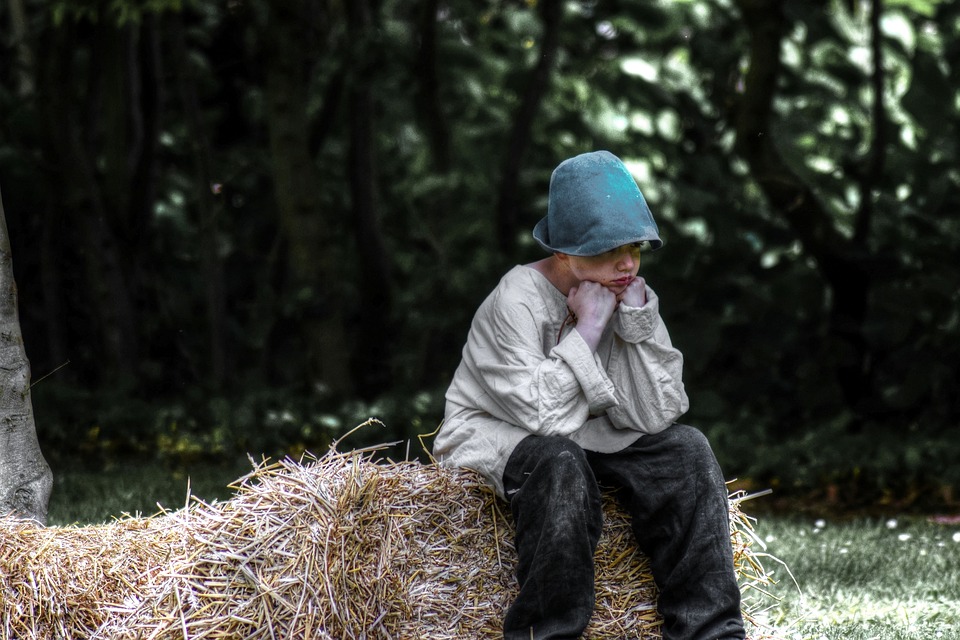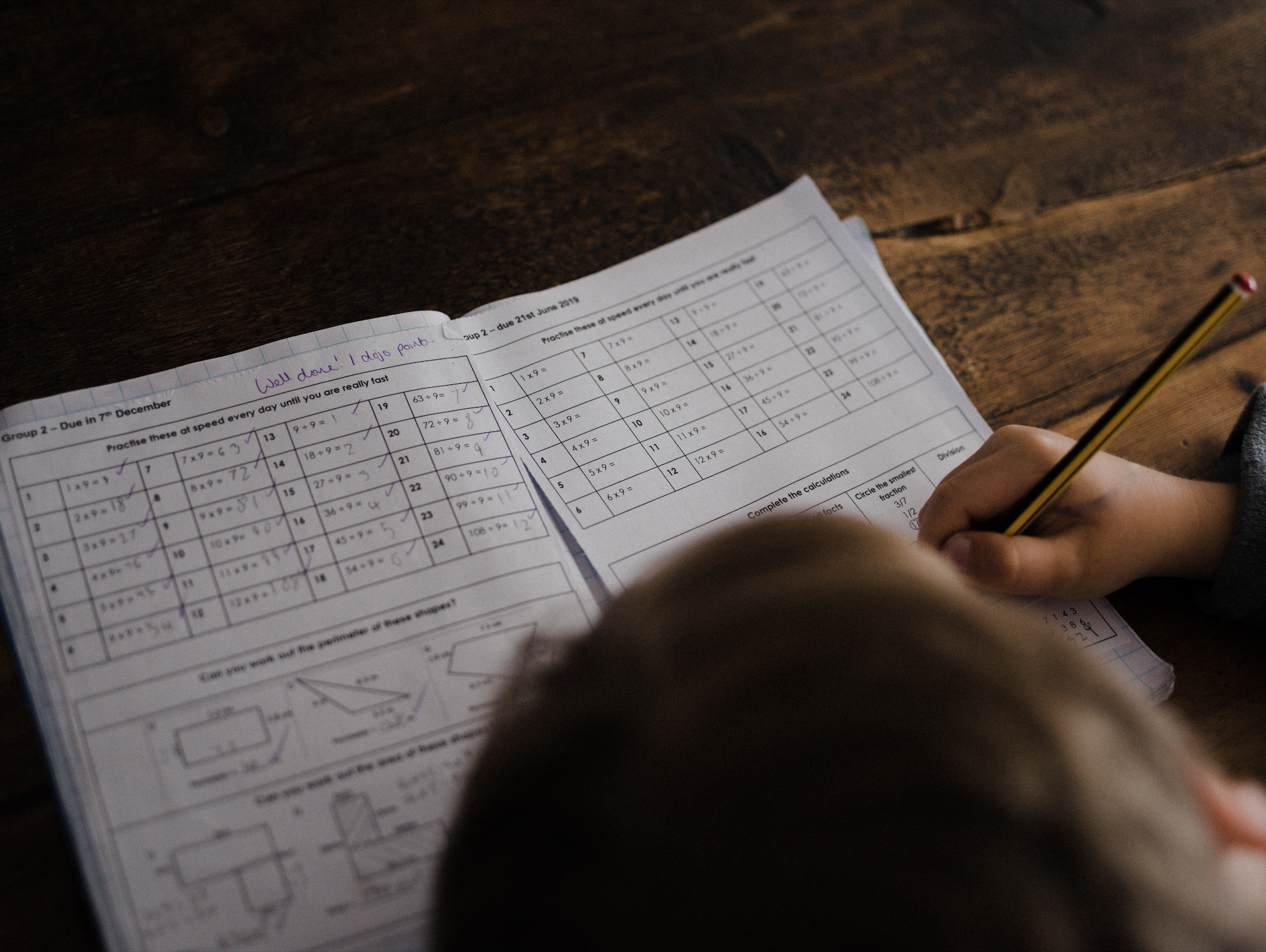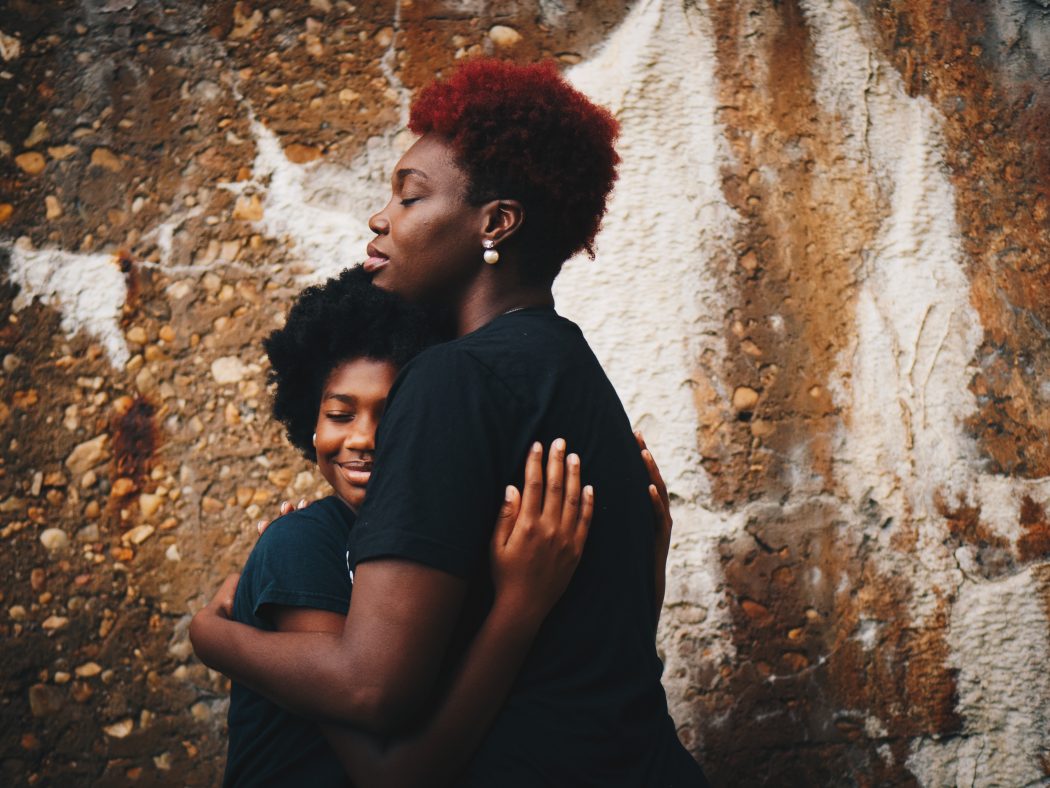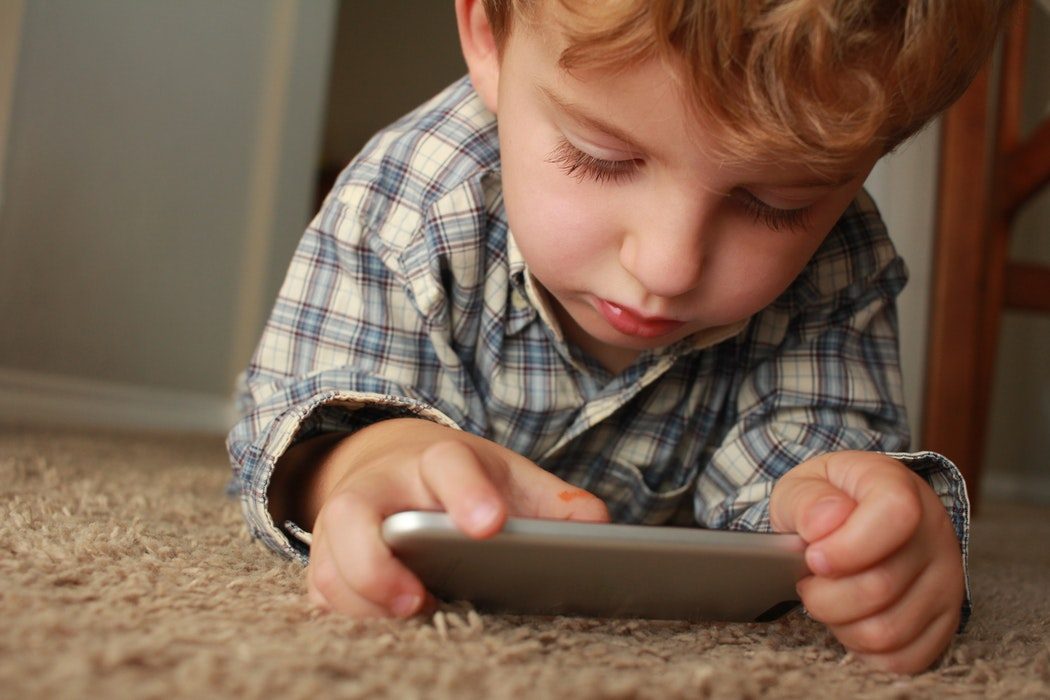Spiritual teacher, healer and medium, Oscar de Souza, shares why we need to acknowledge and nurture our emotions.
Experiencing emotions is our soul’s purpose, according to spiritual mentor and medium, Oscar de Souza. Honouring our emotions can also help us maintain positive relationships and manifest our desires.
We arrive here alone with nothing, and we leave alone with nothing, except the emotions we acquire, says Oscar de Souza, speaking from the Spirit Energy Centre on NSW’s Central Coast.
Acknowledging our emotions prevents us from offloading them onto others, especially our children and partners, and subsequently them rippling through society
Most excitingly, working with our emotions, rather than ignoring them, helps us manifest what we truly desire.
Despite the importance of valuing our emotions, Western society teaches us to disregard them, and worse, to feel ashamed for having them, which is not something we want to be infiltrating to our children.
The best way we can become attuned to our emotions is to observe ourselves, says Oscar. [Meditation is a great way to develop this skill.]
He says we need to be observant of the emotion that’s resonating within us, rather than being subjected to it controlling us, dominating us, and enticing us to act out.
Oscar’s been told by his guides, “Emotions are variable frequencies of energy operating simultaneously”, which is why some people can feel various emotions at the same time.
Oscar says, “The simplest form to expand the neurological system of the conscious brain to be able to harness, access and be attentive to the energy that resonates within us that’s constantly, forever fluctuating, is to first observe our mind, observe ourselves and not be puppets on a string.”
If we acknowledge our emotions, even understand why we feel that way, and to honour them, we are less likely to be puppeted by them and lash out at others. Unfortunately, those we love are often the first to be hit by our emotional releases.
“Instead of articulating what we’re feeling, we’re often being controlled by what they’re feeling”

Oscar explains a typical household scenario:
“The husband (or wife) comes home stressed. They’re going to be communicating on that level of emotion. We’re not usually observant and noticing these emotions inside. We don’t decide to calm them down or be attentive to them, so we don’t impose them on our children or each other (we don’t impose them consciously, we don’t even know they’re doing it).
“We get home, our own fuse is already at the end of its tether. Perhaps we’ve been treated badly at work, there’s traffic, bills, expenses, and then we have to clean, cook, wash up … it’s all putting you on edge.
“It’s then easy to turn around to your child and say, ‘Turn off that machine!’ or ‘Get off that computer!’
“Now, that child foremostly heard “Bang!”.
“Secondly, the words that were spoken.
“Months later our child speaks to us that way and we wonder why.
“We have just been puppeted by our emotions. We are all guilty of that.
“Everyone gets puppeted, and the problem is we indirectly, and even innocently, jab that pain and stress that we’re feeling onto the other person.
“So, it becomes a virus because that person jabs another person with it and it just swims through society.”
The more we understand our emotions, we’re less likely to be subjugated by them, and will be able to articulate in language by talking about them.
“People don’t want to say to their partner they’re feeling a bit insecure and feel like their energy is no longer connected to them,” Oscar says.
“Rather than asking questions based on this, such as ‘Do you want to do more things in life without me?’ we tend to brew, be fearful, and then start to fish … ‘What did you do today? Who were you with?’ or even go through their phone, which just makes people feel violated.
“Emotions people have shouldn’t control their dialect or behaviour, but moreso be a language to the brain to go this is what’s resonating, let’s attend to it.”

Oscar says it’s even worse for men as they have been conditioned to not feel or show their emotions, “don’t cry, suck it up”. “Poor men innocently have been trapped into a void that is not natural,” he says.
“And women, being intuitive, are hit with a brick wall when they try to broach this. They feel a storm inside, they feel fear, they feel confusion.
“The man’s like, I don’t know what you’re talking about, and it takes a while for them to process.”
Oscar says the consciousness of femininity and the consciousness of masculinity is the concept of Yin and Yang. We all have that in us, whether we are male or female.
Some are slightly off balance, some have more of either.
“Men need to start being more intuitive, talking about their emotions, listening to their inner self, not being just driven by the mind.”
“I can’t say that women now need to start applying the male consciousness because unfortunately 2000 years of male dominance, a patriarchal system, means women have already had to assimilate the masculine consciousness within themselves. But men are yet to assimilate the feminine consciousness within themselves.”
Not only can honouring our emotions be great in maintaining more harmonious relationships and averting the ‘virus’ of offloading onto others, they can help us manifest what we want in our lives.
The effect of our emotions was explored through the water experiments conducted by Japanese author and pseudoscientist, Masuru Emoto, whose work demonstrated how the sentiment of a word, which is energy, can affect the molecular structure of water. Keeping in mind we’re made up of about 78 per cent of water, words said to us can impact us strongly.
“If our thoughts (sentiments) on a piece of paper affects water, imagine we have that thought going over and over in our brain, ‘I’m not good enough, I’m not good enough. Life is shit. Life is shit,’” says Oscar.
People are not only putting that energy back into their whole water aspect and altering the energy there, they’re emitting it into the future, so naturally start to have those experiences; and it’s a vicious cycle.
When we realise the energy that resonates within us, the energy we’re emitting, the thoughts that carry it, we can stop causing that ripple effect.
Affirmations, prayer, spells, incantations, are effective when we feel the word, when we mean it and we say it with sentiment, says Oscar.

If we’re panicking on the inside and reading this word, then fear becomes the dominant emotion.
“The key is, when we do feel afraid, we comfort ourselves, ‘It’s ok, I’m afraid,’ that’s ok,” he says.
“Once we acknowledge it, we can move from there but when we’re fighting against it that it’s not going anywhere, so it helps to acknowledge the fear and where it came from. What experiences have led me to have this fear?
“When we know what caused this, ok it’s failed relationships that make us afraid of falling in love again, for example, it’s not so dominant in our psychology or our energy.”
Oscar advises writing down an affirmation in our own handwriting because our brain will absorb it much better.
We should then read it out aloud at least 20 times with no intention just to read it out so that the wording becomes familiar to the brain, so you know what you’re using.
And then our focus can be feeling each word.
For example, when someone says, “I love you,” it feels different when they really mean it. Quite often we want others to say it, but we rarely look in the mirror and say it to ourselves, it’s quite confrontational. And it’s the most important thing.

















































